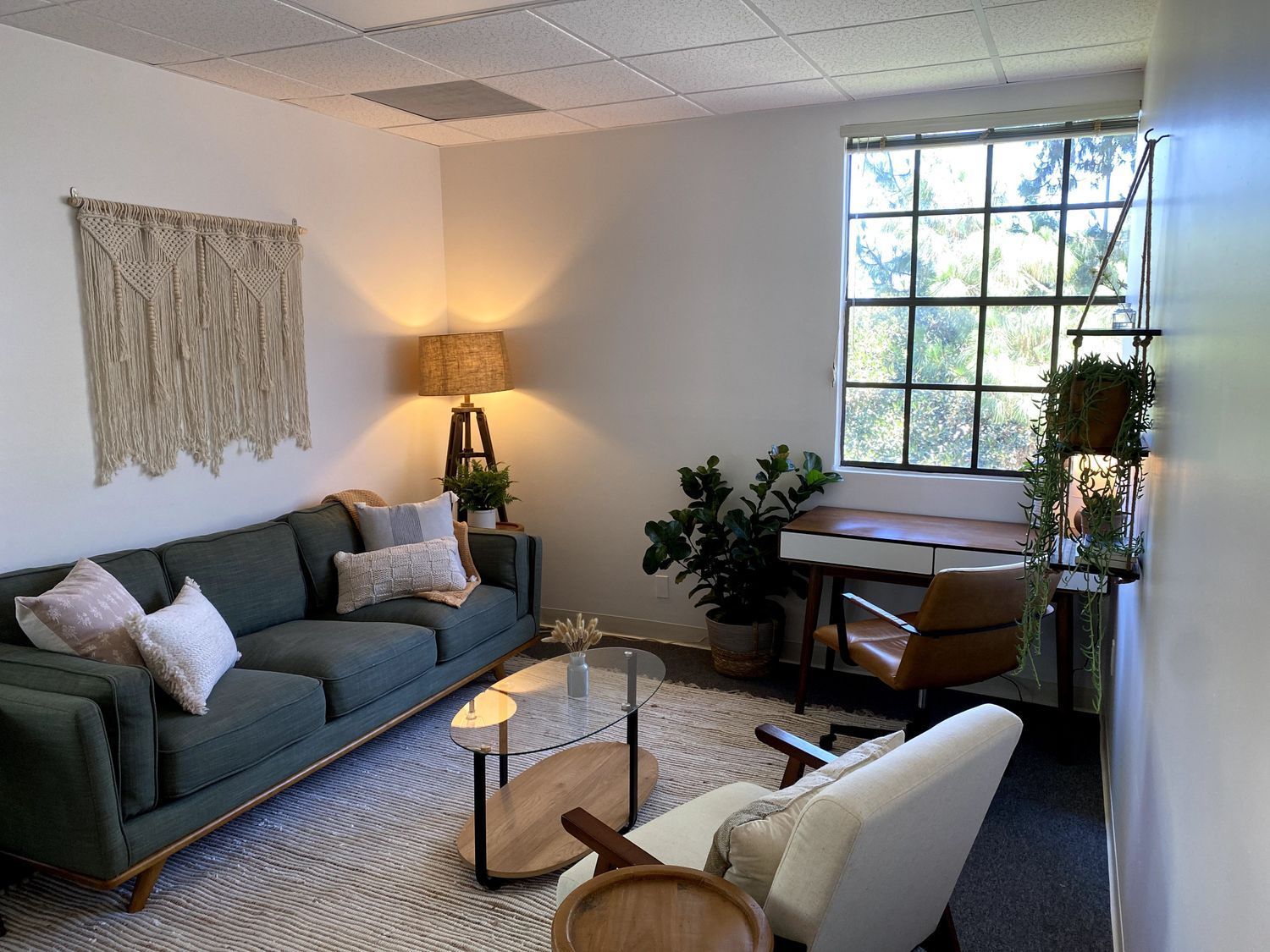

Today we’d like to introduce you to Emma Tasini.
Hi Emma, it’s an honor to have you on the platform. Thanks for taking the time to share your story with us – to start maybe you can share some of your backstory with our readers?
My path to becoming a therapist was informed by my work in many settings that focused on moments of human connection. From advocacy work with newly arrived Syrian refugees, and teaching early childhood education, to working as a birth doula, I have always cared about supporting connection and growing community. My own experiences in therapy as an adolescent also informed my commitment to this work. I felt seen, cared for, and understood in a way I hadn’t experienced before therapy. I wanted to be that person for others and create a warm and safe space for clients to show up and work through obstacles.
I gained my MS in Counseling Psychology at Mount Saint Mary’s University in Los Angeles. Initially, I worked as a therapist at Covenant House California serving unhoused transitional-aged youth (18-25). This strengthened my passion for working with individuals experiencing homelessness. I went on to implement a mental health program with Healthcare in Action (HIA), a street medicine team. At HIA, I provided mental health services to folks on the streets of Los Angeles and spoke nationally about making mental healthcare accessible through street-side therapy. In 2024, I decided to start the journey of opening my private practice and I now work in Pasadena offering psychotherapy to individuals across the lifespan.
Alright, so let’s dig a little deeper into the story – has it been an easy path overall and if not, what were the challenges you’ve had to overcome?
Becoming a therapist has not always been a smooth road. There is a lot of time and money invested in pursuing an education and licensure as a psychotherapist. I worked full time while pursuing my degree and also started this process during a global pandemic. There was a lot of collective change and grief and it was such a unique and challenging time to dedicate myself to the mental health field. I am grateful this is my career, but it has not always been easy.
I come to this work with a deep commitment to making mental healthcare more accessible and less stigmatized. Because of this, I offer sliding scale therapy and prioritize advocating for mental healthcare access. In a society that does not always prioritize mental health and often profits off of people working until they’re burnt out, depressed, and unwell, keeping my services accessible is a challenge but incredibly important.
Alright, so let’s switch gears a bit and talk business. What should we know?
I offer in-person therapy in Pasadena and telehealth sessions throughout California for individuals and couples.
I work with creative people who feel things deeply. I offer therapy to clients across the lifespan, supporting them in processing trauma, anxiety, life transitions, relationship issues, imposter syndrome, gender expression, and sexuality.
As a trauma therapist, I use both EMDR and Brainspotting to help my clients address trauma and live life with more ease. My background has allowed me to work with a wide variety of clients and diagnoses, and I’m dedicated to creating an inclusive and affirming space for all.
Outside of my private practice, I offer free and sliding scale therapy to queer and trans youth in my work at the non-profit Brave Trails. I also serve on the Board of Directors at the Sperm Bank of California. Because of this, my clients are often individuals and couples who are in the process of family building through donor conception. I sincerely enjoy working to provide education and support when working with families who have used donor conception or donor-conceived individuals.
My approach to therapy is rooted in values of anti-oppression and working to understand and acknowledge the systemic factors that impact our well-being.
How do you define success?
For me, success is being able to support my clients in living life with more peace and comfort. I focus less on my vision of success when doing this work and more on what each person I work with may define as “success” in the therapy relationship. I feel like I’ve done my job when my clients are getting what they need in therapy and can eventually end their therapy, taking tools and learnings from our time together with them.
Contact Info:
- Website: https://www.emmatasini.com/
- Other: https://www.psychologytoday.com/us/therapists/emma-tasini-pasadena-ca/1312882





Image Credits
Office image credits to Southern California Therapy Collective














